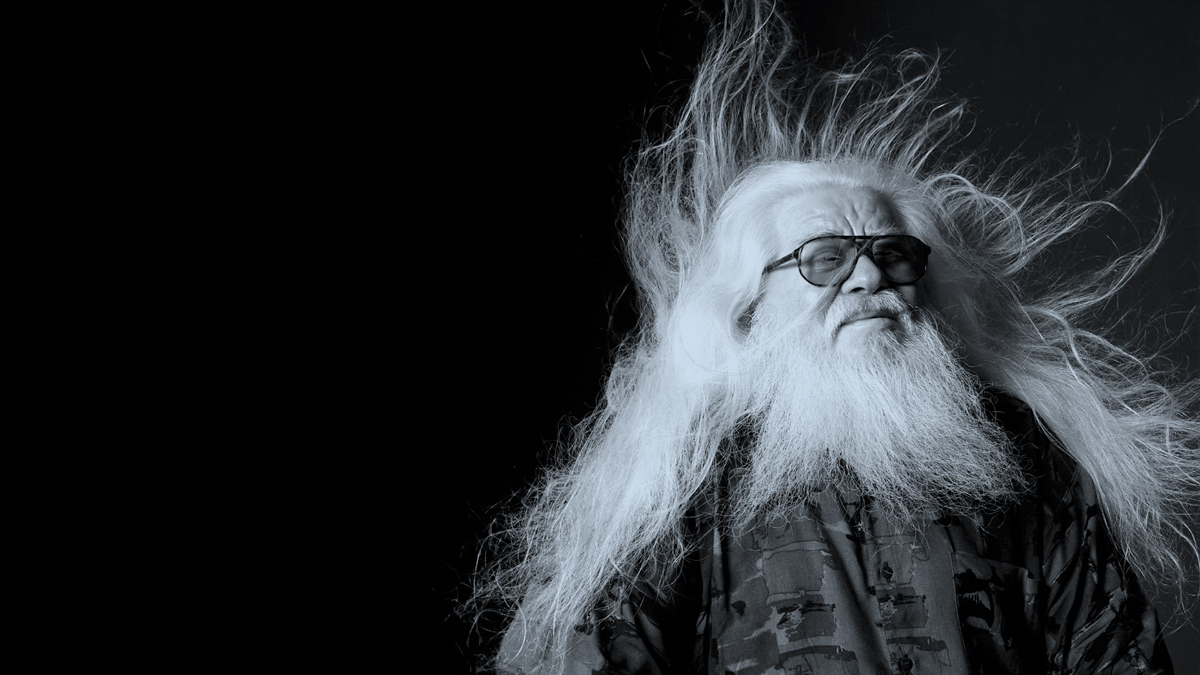In the late 1970’s there was a surge of instrumental music, not only in Brazil, and a lot of amazing talent appeared filling up concert venues and shining a completely new light on Brazilian music or giving a local taste to foreign genres. Here is a list of eight bands and musicians that were part of that great generation:
Egberto Gismonti – His talent first became apparent in his father’s musical instrument shop where he demonstrated pianos to customers. As a young adult, Egberto went to France to study classical music. When he returned to Rio, he applied his genius to Brazilian music, going way beyond Bossa Nova, working with native music and going deeper into the Afro-Brazilian universe. He is both a superb piano and guitar player and has become worldwide name in the Jazz world.
Hermeto Pascoal – Hermeto was born in the remote and dry interior of the Brazilian Nordeste – the Sertão. As Hermeto was an albino, he couldn’t work under the sun, so his brothers would lock him up in a barn where he channelled his fury and energy into music. Hermeto’s long and curly white hair and beard, and his strong facial features covered by thick glasses, lead to the deserved nickname of ‘the Sorcerer’.
Nana Vasconcelos – Probably the Brazilian instrumentalist with the greatest international success to this day. The magazine Down Beat, the most important one in the Jazz world, was to elect him eight times as the best percussionist in the world; he also was to receive eight Grammy awards. Being from Pernambuco and with a close attachment to the spiritually charged Maracatu rhythm, he took percussion to previously unimagined psychedelic heights.
Banda Black Rio – From the poverty stricken suburbs of Rio de Janeiro this band appeared in the 1970’s as an evolved version of the funk fever that was taking over that part of town. With a huge influence from American funk, they added a Brazilian touch and were very popular in Brazil in the seventies and eighties being re-discovered by European DJ’s in the 90’s
Vitor Assis Brasil – This brilliant sax player from Rio de Janeiro, studied at the Berkley College of music in Boston and died precociously in 1981. Many believe he was on his way to becoming an international star.
Armandinho Macedo – The son of one of the inventors of the Trio Eletrico, Osmar, from the Trio Eletrico de Dodo e Osmar, that has been ignited the Carnival in Bahia since the 1950’s. Armandinho is a virtuoso in the Electric Mandolin, or the guitarra Baiana. Close to the Novos Baianos, one of Brazil’s most influential Bands in the 70’s, he re-invented the instrument bringing rock influences into the Brazilian Chorinho and into the genre his Dad invented.
Airto Moreira – Although absent in Brazil during the seventies, when he and his also Brazilian wife, the singer Flora Purim, participated with Chick Corea in the legendary Jazz-Rock band Return to Forever. Airto has shared the title of best percussionist of the world with Nana Vasconcelos.
Uakti – This unique experimental band formed mainly by music students, produced their own instruments and went down a similar path as Egberto Gismonti working with Brazilian native music and mixing this it all sorts of different influences. The name Uakti comes from an Amazonian Legend of a music god.

